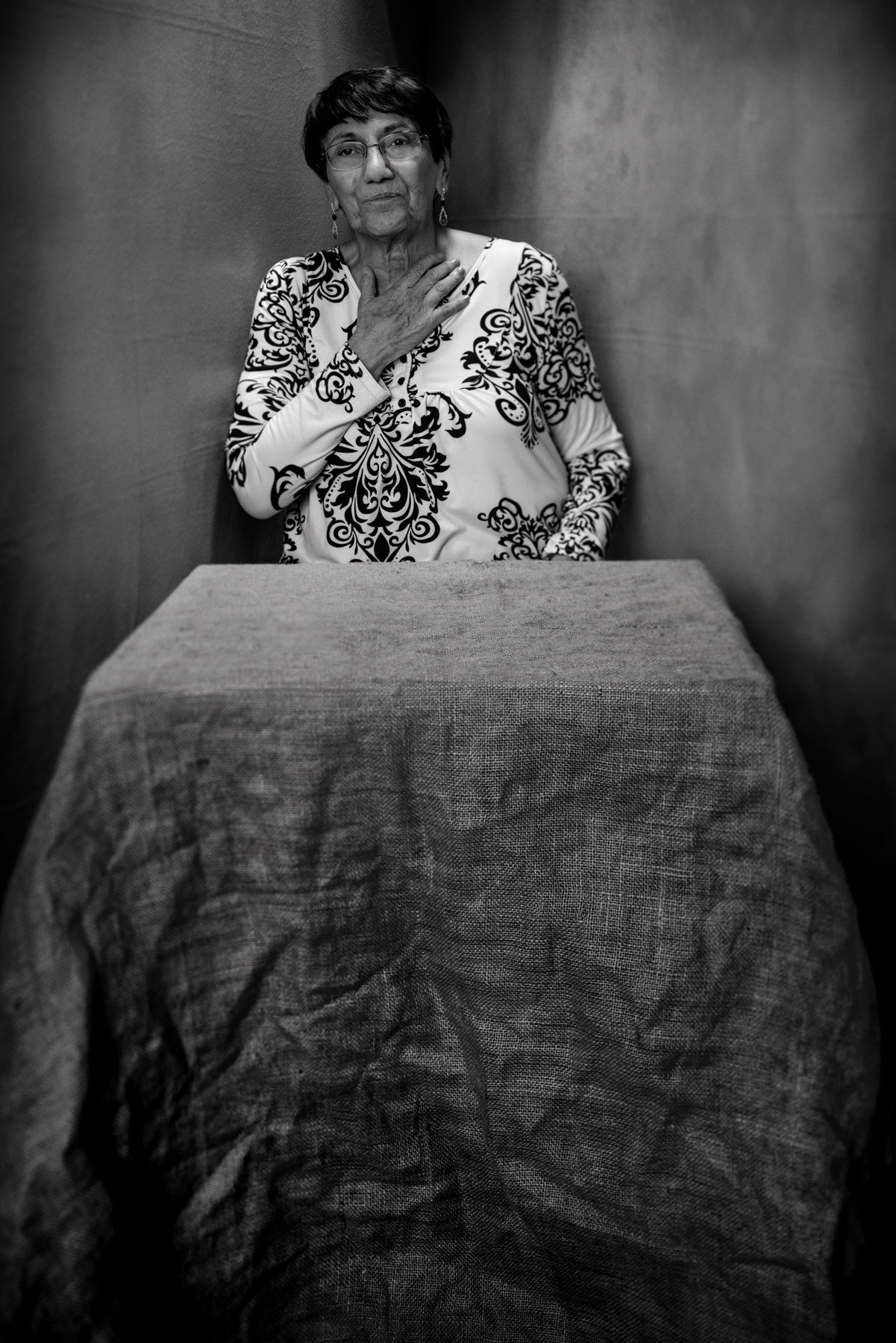Social Practice + Community Collaborations
“Art is the one place we all turn to for solace.”
—Carrie Mae Weems
Artists Séan Alonzo Harris and Elizabeth Jabar have worked on numerous socially engaged art projects and community collaborations. Their process focuses on renewing civic spaces, building coalitions for social change and creating platforms to stir the social imagination to engage with complex problems. Through creative action, their work draws out challenging questions and holds space for complexity, nuance, and contradictions. Their endeavors build shared spaces to facilitate collective action, engage in opportunities for creative expression and to animate our connections with each other.
“This is precisely the time when artists go to work. There is no time for despair, no place for self-pity, no need for silence, no room for fear. We speak, we write, we do language. That is how civilizations heal.” —Toni Morrison




I Am Not A Stranger
As we move through the streets of Waterville there are both familiar and unfamiliar faces, but do we really see them? Do we know our neighbors and fellow citizens? I Am Not A Stranger, Portraits by Séan Alonzo Harris is a series of 50 community portraits of people who live and work in Waterville, Maine. The images will be displayed across the city from laundromats to the Colby College Museum of Art. Using a combination of photographic portraits and audio interviews, the project creates channels for telling the untold stories, capturing personal histories and building bridges across difference.
I Am Not A Stranger is produced by Waterville Creates and Colby College Museum of Art, and is partially funded by the Maine Arts Commission.
Visual Tensions
Visual Tensions is a collaborative photographic project and community dialogue that pairs people of color with members of law enforcement. African American photographer Séan Alonzo Harris worked with local residents and officers from the City of Portland, Maine Police Department to create photographic portraits as a means to confront and question cultural and racial assumptions, stereotypes and fears.
The project provides a platform to examine the relationship between people of color and law enforcement, to provoke dialogue about injustice and implicit bias, and make space to engage these critical issues creatively. In addition to creating the photographic portraits, the artist interviewed project participants and asked about their personal experiences with racism, law enforcement, their sense of belonging or not belonging in their community and their interactions with people across difference.
Visual Tensions is supported by a grant from the Kindling Fund part of the Andy Warhol Foundation for the Visual Arts Regional Regranting Network.


















